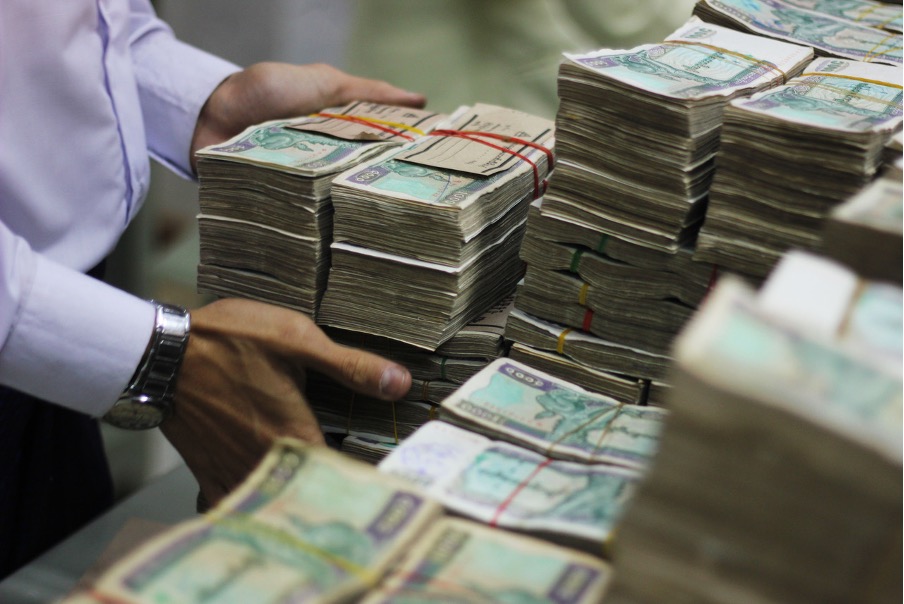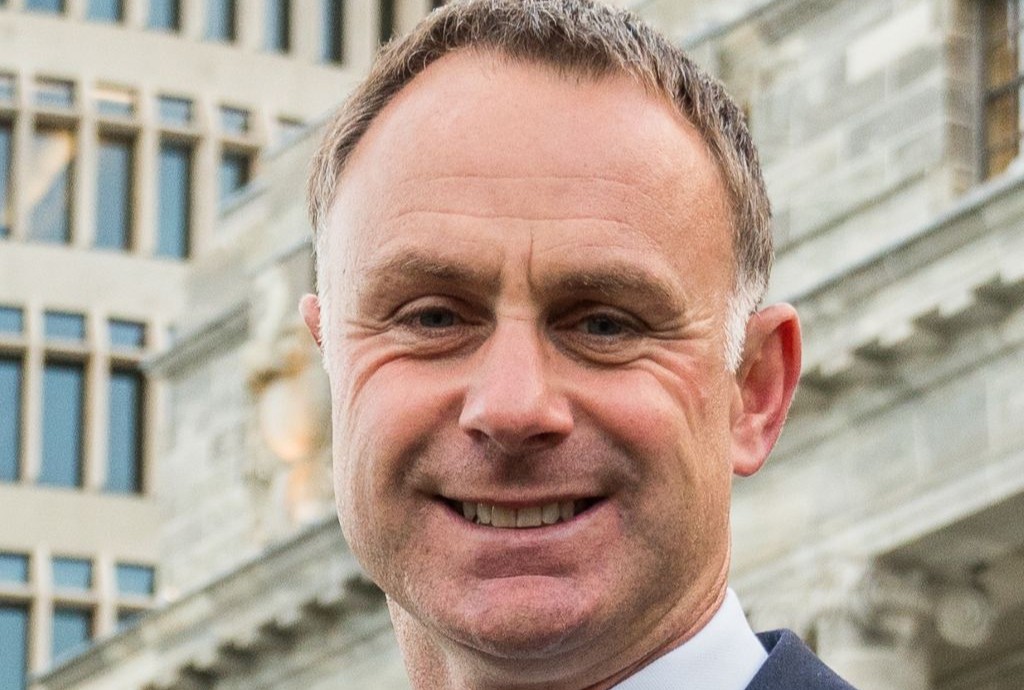Table of Contents
11th May 2021
This could be my last piece for a few days as sources are drying up and as a result, the news is only filtering through in dribs and drabs. It doesn’t mean nothing is happening, it’s just getting increasingly difficult to get credible, confirmed updates that I can pass on.

In Chiang Mai, the Thai authorities detained 3 Myanmar Democratic Voice of Burma (DVB) journalists for illegal immigration. As DVB is banned in Myanmar by the SAC, deporting them to Myanmar would in all probability result in a death sentence for them.
According to a statement from DVB’s Editor-in-Chief, Aye Chan Naing, three senior DVB journalist and two activists were arrested by Thai police on Sunday 9 May in Chiang Mai (Thailand). They were reporting the anti-coup protests in Myanmar until 8 March, the day the military authorities revoked DVB’s TV license. Amnesty International has confirmed that the five are currently in police custody.
Since the military coup on 1 February, the Myanmar military has also revoked media licenses of several other media outlets and dozens of journalists are currently in arbitrary detention, facing charges or fearing arrest. Many more have gone into hiding.
“There have long been credible reports of torture and other ill-treatment in detention in Myanmar. These have intensified since the coup. Several people detained in recent weeks have died in detention in unexplained circumstances.
“For years DVB has been a leading, outspoken outlet holding the authorities to account. If returned to Myanmar, these journalists will be at exceptionally grave risk.
Amnesty International opposes refoulement, which is prohibited under international law, in all cases without exception. Non-refoulement is an international legal principle that prohibits the transfer of individuals to another country or jurisdiction where they would face a real risk of serious human rights violations or abuses. It is part of customary international law, making it binding upon all states regardless of whether they ratified the relevant treaties.
Source DVB May 11th, 2021.
The vice chairman of the central bank has gone public and threatened the civilians that anyone keeping above a small amount of cash at home will be arrested. Things are really getting desperate now.
The economy is in a major tailspin.

Banking crisis sparks cash shortage.
Myanmar’s banking system has been paralyzed since the coup with branches closed for nearly three months, cash shortages and limited access to social welfare payments and international remittances for hard-pressed families.
All the sea trade has ceased as banks are unable to issue documents needed to import and export goods. Companies are struggling to pay salaries, as banks are not providing payrolls.
Since mid-February, businesses have suffered from a cash shortage. Immediately after the coup, many people rushed to ATMs to withdraw their cash as rumors spread of a banking collapse.
To avoid a run on the banks, the regime ordered limits on cash withdrawals for both individuals and companies. However, it created fears that the banks had no cash and would collapse. Each day, queues form at ATMs as people wait to withdraw their daily limit of 200,000 to 300,000 kyats.
Many return empty-handed as the ATMs quickly run out of money. Each machine can only allow 30 to 40 people to withdraw cash per day. Thousands of private-sector staff across the country have been unable to withdraw their April salaries.
Most private banks started to reopen in late April amid repeated junta threats of penalties and orders to blacklist staff who refuse to return to work. Customers only come to the banks to withdraw cash, creating more cash-flow problems.
Financial observers estimate that if cash withdrawals continue at the current rate, the banking system may collapse in the next two months. They said the Central Bank of Myanmar is unable to provide the required liquidity for the banks.
“This is a crisis of confidence. People do not trust the regime’s administration. No wonder that they do not trust the banking system. The crisis will ease only when a democratic government returns,” an analyst based in Myanmar, who asked not to be named, told The Irrawaddy.
Kyat slumps.
The kyat has tumbled in value as confidence and trade fall, losing more than 20 percent since the coup and recording its lowest level against the dollar in a decade on May 11.
The dollar exchange rate was 1,345 kyats in January, rising to 1,465 kyats after the coup. It touched 1,550 kyats in March and 1,680 kyats on Tuesday.
Exports fell by around 45 percent and imports by 65 percent. The tumbling kyat is sparking price rises, hurting the poor and causing shortages of some essentials, including the costs of fuel and medicine.
Half of million jobs lost.
Myanmar’s trade unions estimated that around 600,000 workers have lost their jobs since the coup.
The garment sector has been paralyzed after major foreign brands halted orders and crackdowns in industrial areas forced factories to close and workers to return to their hometowns.
Myanmar earned between US$4-6 billion from clothing exports in 2020 and the industry employed 500,000 people before the coup. Over 75 percent of the sector has been forced to suspend operations since mid-February.
The trade unions said over 300,000 garment workers have lost their jobs and Italy’s Benetton and Swedish retailer H&M have paused new orders.
The Construction Workers Union said around 300,000 to 400,000 construction jobs have gone as all major infrastructure projects are halted in Yangon.
Professional jobs are also being lost. Job agencies said hundreds of staff from the foreign companies in the major cities are losing their jobs.
Millions could go hungry.
The United Nations World Food Program (WFP) warned that up to 3.4 million citizens could go hungry this year amid rising food prices and the loss of manufacturing, construction and services jobs.
The WFP estimated that food insecurity is rising sharply in Myanmar alongside food prices and joblessness. It said COVID-19 concerns are also accelerating the economic deterioration and humanitarian crisis.
The global agency called for a concerted, immediate response to alleviate suffering and to prevent an alarming deterioration in food security. The WFP’s food monitoring index shows palm oil retail prices have risen by 20 percent since the start of February around Yangon. Rice prices around Yangon and Mandalay rose by up to 4 percent, it said.
Further price rises are expected because of the near paralysis of the banking sector, slowdowns in remittances and widespread limits on cash availability, the WFP said.
Almost half population faces poverty next year.
The UNDP estimated that the impact of military rule and the COVID-19 pandemic could force nearly half of Myanmar’s population into poverty by 2022.
The development agency said after a year of the coronavirus crisis, the Feb. 1 coup compounded its socioeconomic effects. “If the situation on the ground persists, the poverty rate could double by the beginning of 2022,” its February report said.
According to the World Bank, Myanmar has 54.5 million people, which means more than 27 million could be hungry by 2022.
Twin crises were causing significant losses of wages and income, particularly for small businesses, and restricted access to food, basic services and social protection for the wider population, it said.
By the end of 2020, 83 percent of Myanmar’s households reported that their incomes had been, on average, almost halved due to the COVID-19 pandemic. As a result, the number of people living below the poverty line was estimated to have increased by 11 percentage points, according to the UNDP. The situation worsened further with the February coup, with projections indicating a further 12 percentage point increase in poverty, the UNDP reported.
The UNDP said women and children are expected to be hit heaviest by COVID-19 and military rule, especially in urban areas, where most low-income families live.
Source the Irrawaddy 11th May 2021.
And still, China blocks all international attempts to reach a diplomatic solution.
OPINION: New Zealand has been noticeable by its lack of support for the Quad and its International partners in opposing China blocking these attempts to solve the problem. It’s good to have a kind, caring government back home in New Zealand. Still, Jacinda Ardern can show compassion when the deaths from starvation reach the thousands and possibly the millions and milk it for all she is worth.
Please share this article so that others can discover The BFD









